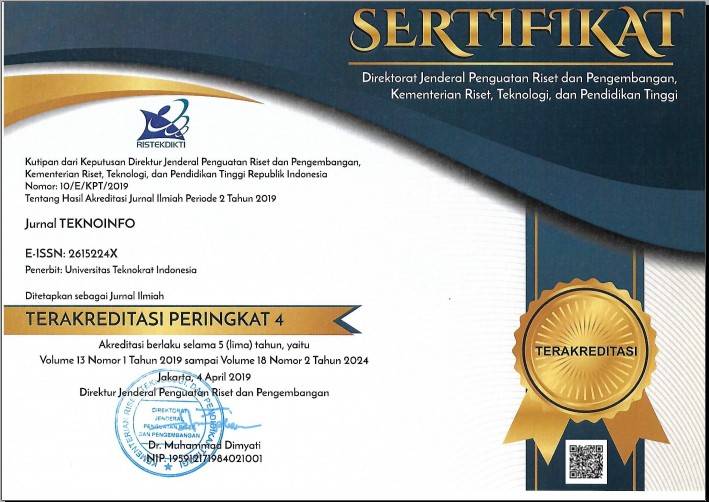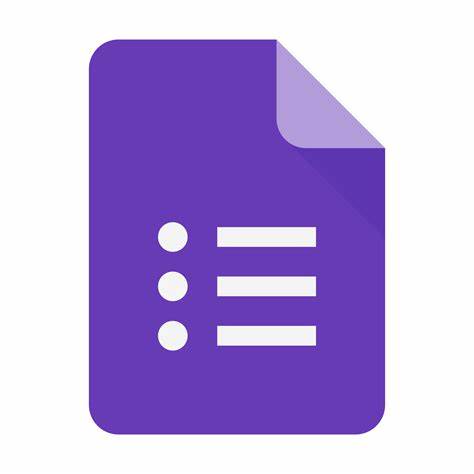DEVELOPMENT OF RABBIT GOALS GAME TO INCREASE STUDENT MOTIVATION IN THEMATIC LEARNING AT PRIMARY SCHOOL
Abstract
Full Text:
PDFReferences
Borg, WR, & Gall, MD (1983). Education Research and Introduction. Logman.
Destiansari, E., Amizera, S., & Arifin, Z. (2021). Validation of the Feasibility of Virtual Laboratory Products in Practical Learning on Water Pollution Materials. Journal of Learning Biology …, 8(1), 28–34. https://ejournal.unsri.ac.id/index.php/fpb/article/view/14314
Erfan, M., Hidayati, VR, Indraswati, D., Rahmatih, AN, & Makki, M. (2022). Development of the Android Game Guess the Image of the State Flag as a Learning Media for the Sub-theme of Globalization and Its Benefits. COLLAGE (Creative of Learning Students Elementary Education), 5(1), 59–68. https://www.journal.ikipsiliwangi.ac.id/index.php/collase/article/view/9981
Hasanah, U. (2019). The Integration Model of 2013 Curriculum and Cambridge Curriculum in Elementary Schools. Al Ibtida: MI Teacher Education Journal, 6(2), 144. https://doi.org/10.24235/al.ibtida.snj.v6i2.4939
Ketut Sinta, NA, Gede Astawan, I., & Made Suarjana, I. (2021). Learning Sub-theme 3 Environment and Its Benefits with Articulate Storyline-Based Interactive Learning Media 3. MIMBAR PGSD Undiksha, 9(2), 211. https://doi.org/10.23887/jjpgsd.v9i2.35919
Moh. Mukhlis. (2012). Thematic Learning Thematic Learning Mohamad Muklis STAIN Samarinda. Phenomenon, IV(14), 66.
Nasution, NMWSH (2017). DEVELOPMENT OF INTERACTIVE MULTIMEDIA WITH AUTOPLAY MEDIA STUDIES ON TWO CIRCLES RELATIVE POSITION MATERIALS. Journal of the Study of Mathematics Learning, 1(2). http://journal2.um.ac.id/index.php/jkpm
Nurwahidah, Maryati, S., Nurlaela, W., & Cahyana. (2021). Traditional Games as a Means of Developing Physical Motor Ability of Early Childhood. PAUD Lectura: Journal of Early Childhood Education, 4(02), 49–61. https://doi.org/10.31849/paud-lectura.v4i02.6422
Prastowo, A. (2019). Integrated Thematic Learning Analysis. Kencana Prenadamedia Group.
Rahman, RA, & Tresnawati, D. (2016). DEVELOPMENT OF ANIMAL NAME AND HABITAT RECOGNITION EDUCATIONAL GAMES IN 3 LANGUAGES AS A MULTIMEDIA-BASED LEARNING MEDIA. Journal of Algorithms, 13(1). https://doi.org/https://doi.org/10.33364/algoritma/v.13-1.184
Ramadhani, W., & Fitria, Y. (2021). Achievement of Student Learning Independence in Thematic Science Learning using Digital Modules. Journal of Basicedu, 5(5), 4101–4108. https://doi.org/10.31004/basicedu.v5i5.1391
Ridwan, T., Hidayat, E., & Abidin, Z. (2020). Edugames N-Ram for Geometry Learning in Early Childhood. Journal of Teknoinfo, 14(2), 89. https://doi.org/10.33365/jti.v14i2.508
Rohmah, N. (2016). Play And Its Utilization In Early Childhood Development. Tarbawi Journal, 13(2), 27–35.
Setiawan, AR (2019). Scientific Literacy Oriented Thematic Learning. Journal of Basicedu, 4(1), 51–69. https://doi.org/10.31004/basicedu.v4i1.298
Sugiyono. (2013). Quantitative, Qualitative, and R&D Research Methods. Alphabet.
Ucus, S. (2015). Elementary School Teachers' Views on Game-based Learning as a Teaching Method. Procedia - Social and Behavioral Sciences, 186, 401–409. https://doi.org/10.1016/j.sbspro.2015.04.216
Wiwik Pratiwi. (2017). The Concept of Playing in Early Childhood. Islamic Education Management, 5, 106–117.
DOI: https://doi.org/10.33365/jti.v17i1.2349
Refbacks
- There are currently no refbacks.
Copyright (c) 2023 Uswatun Hasanah

This work is licensed under a Creative Commons Attribution-ShareAlike 4.0 International License.
JURNAL TEKNOINFO
Published by Universitas Teknokrat Indonesia
Organized by Prodi S1 Informatika FTIK Universitas Teknokrat Indonesia
W: http://ejurnal.teknokrat.ac.id/index.php/teknoinfo/index
E : teknoinfo@teknokrat.ac.id.
Jl. Zainal Abidin Pagaralam, No.9-11, Labuhan Ratu, Bandarlampung

This work is licensed under a Creative Commons Attribution-ShareAlike 4.0 International License.
Jumlah Pengunjung : View Teknoinfo StatsCounter



















